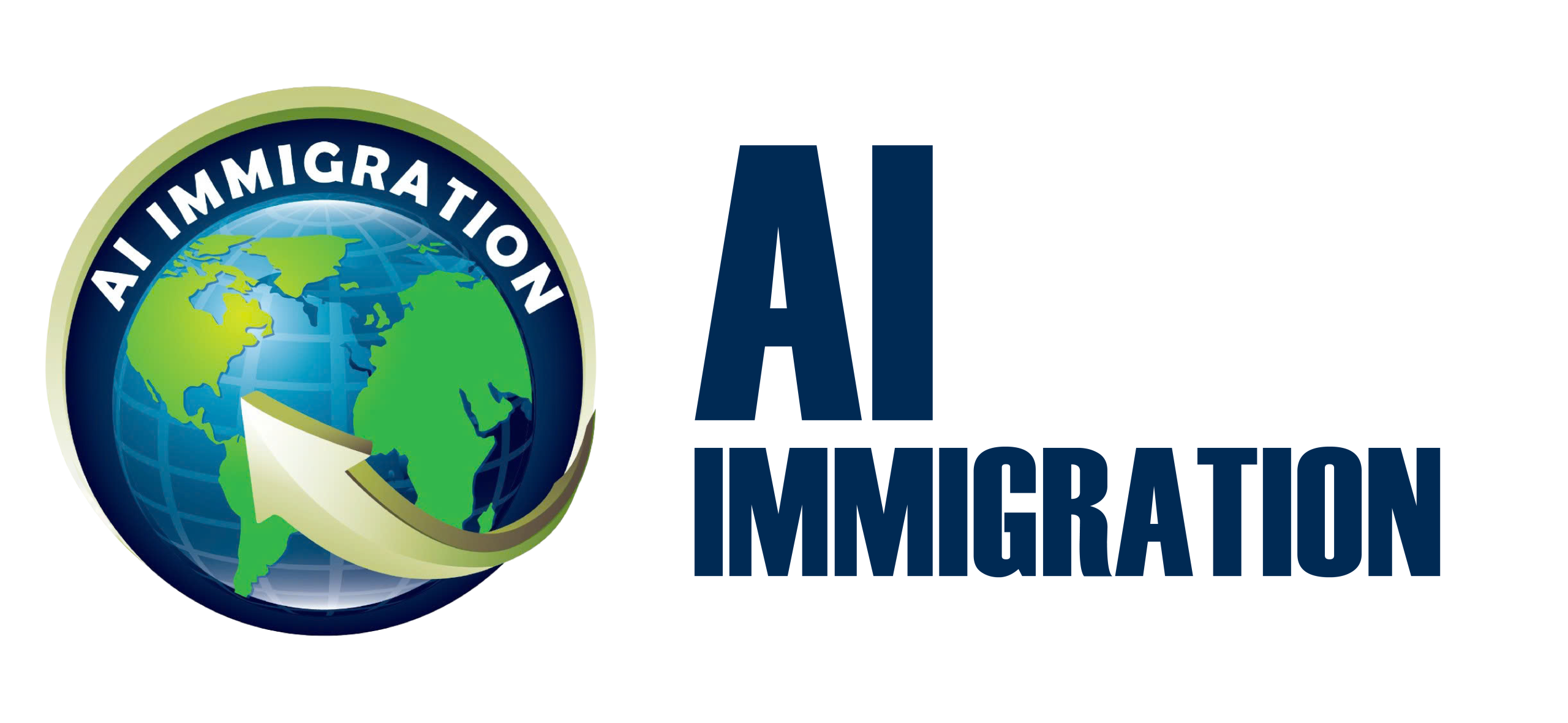1. What is immigration?
Immigration is the process in which an individual or family leaves their home country to settle permanently or long-term in another country. It is a global topic that relates to many factors such as job opportunities, education, family reunification, or the desire for a better quality of life.
2. Why are more people choosing to immigrate?
-
Better job opportunities
Countries like the U.S., Canada, Australia, or Germany often have open labor markets with attractive salaries and good working conditions.
-
Access to advanced education
Many people immigrate for study purposes or to give their children access to high-quality international education.
-
Family reunification
Immigrating to reunite with family members who are already settled abroad is a common reason, especially under sponsorship programs.
-
Safer, more stable living environment
Developed countries usually offer better healthcare, social security, and transparent legal systems, providing ideal living conditions.
3. Common types of immigration
🔹Work immigration
This is one of the most popular paths, including programs such as:
-
EB3 USA – for unskilled or low-skilled workers
-
Skilled Worker – for highly skilled labor in Canada or Australia
🔹Investment immigration
Designed for individuals with strong financial resources who invest in the host country in exchange for permanent residency or citizenship.
🔹Study to immigrate
After completing a course, international students can switch to a work visa and then apply for permanent residency.
🔹Family sponsorship
Citizens or permanent residents can sponsor their parents, spouse, children, or siblings to join them abroad.
4. What do you need to prepare for immigration?
Before starting your immigration journey, you should:
-
Clearly identify the visa type that suits your goal
-
Prepare complete and accurate legal documents
-
Meet language, health, and financial requirements
-
Have a long-term plan for settlement and career development
✅ Tip: Work with a reputable immigration agency to minimize risks and avoid visa rejections.

5. Frequently asked questions about immigration
Can I get citizenship after immigrating?
Depending on the program, you may apply for citizenship after meeting residency and contribution requirements.
Can I apply for EB3 without knowing English well?
Some programs like EB3 don’t require high-level English, but basic communication is still recommended.
Is immigration expensive?
Costs vary depending on the program — from a few hundred to several thousand USD, not including living expenses afterward.
6. Conclusion
International immigration is not only a life-changing decision but also a journey that requires careful preparation. Understanding visa types, requirements, and choosing the right time are key to success. If you’re planning to immigrate to the U.S., Canada, Australia, or Europe, start today — learn, plan, and take the first step.



